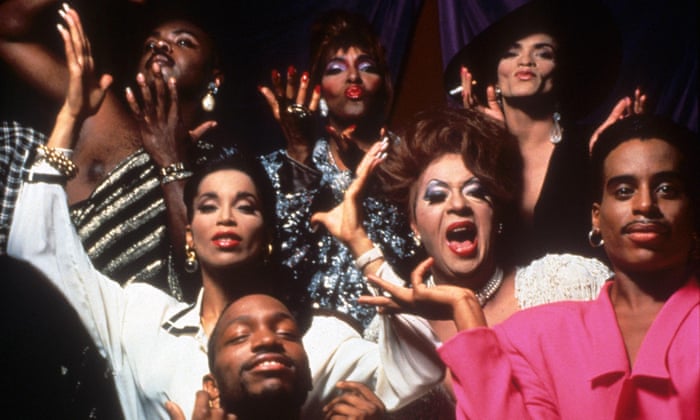Gender as an Institution
29 April, 2019
Gender as an Institution
As a young girl, I spent a great deal of time in a drag club that my uncle owned. I did not understand what drag was or that the women on stage were biologically male. I spent years singing karaoke on stage with these fabulous drag queens. When a relative of mine came to visit me, we took him with us to the club. It was not until he mentioned how beautiful the women onstage were and my mother corrected him, that I realized these were drag queens. While I was surprised, it did not change my opinion of these women in the slightest. I was only eight, how could I be opposed to something I didn’t understand?
We do not naturally have biases against uncomformative gender expression. As we go through life, we are exposed to gender normativity and the oppression of gender expression and that morphs our understanding to view gender normativity as the norm. Society leads people to believe that gender and sex are interrelated when in reality gender is not a natural thing. The documentary Paris is Burning demonstrates the idea explained by Judith Butler in her essay, “Imitation and Gender Insubordination,” of how it is natural to feel sexually or romantically attracted to a set of people, or feel comfortable within a specific gender construct, but the concept of predetermined and structured sexuality or gender is unnatural and conceived entirely through societal oppression.
Society assumes gender roles to work as a result of biology, but they are not. While your sex simply describes the genitalia a person has, gender is an expression of identity. Society has developed the idea that gender has to follow specific roles within masculinity and femininity. For example, those who are of the female sex are expected to like makeup. These gender constructs are essentially an institution, and like all institutions, it acts to oppress the minority. Gender is only real to the extent that it is performed (Butler 722). Paris is Burning shows the world of drag queens and highlights the truth of drag and how “Drag constitutes the mundane way in which genders are appropriated, theatricalized, worn, and done; it implies that all gendering is a kind of impersonation and approximation” (Butler 722). The interviewees in the documentary explain Butler’s idea of how gender is a performance. Drag is intended to highlight the performative nature of gender and how gender is performed throughout society.
Paris is Burning shows the lives of various genderqueer individuals and their experiences with heteronormativity. In the documentary, the drag queens that are interviewed talk about the unnaturalness of gender. As a result of gender normativity, these individuals are oppressed and drag competitions, or “balls” are all they have both in expressing themselves, and in general. Heteronormativity is an institution that oppresses genderqueer individuals. Gender and sexuality norms only exist through an institution, and thus are unnatural.
The institution of gender is weak and “it requires to be instituted again and again, which is to say that it runs the risk of becoming de-instituted at every interval” (Butler 725). Drag deconstructs this institution by taking gender expression beyond its societally matched sex. This is highlighted through the various categories in the drag “balls”. There are categories highlighted very real gender expectations, such as schoolboy or businessman, and the individual demonstrating these genders are doing so regardless of their sex.
Paris is Burning demonstrates a need for an end to societally constructed gender expectations. The unnatural institution of gender, like all institutions, leads to oppression. The drag queens in Paris is Burning discuss how, “If I had the opportunity, I could be one” (Paris is Burning). By deconstructing the imposed gender normativity, we make way for opportunity and advancement and a more natural state of being. “Gender reality is …. real only to the extent that it is performed”, and in order to break the institution of gender, we must end the repetition of gendered expressions (Butler 725). Stop raising young girls to be princesses and young boys to be athletes, and allow people to gravitate to what interests them as an individual, not by their sex and what we have established sex to stand for. There is no origin of gender, and by moving away from what society expects we can better our community and move to a more comfortable and natural state of self.
Works Cited
Butler, Judith. “Imitation and Gender Insubordination”. Cultural Theory and Popular Culture: An
Anthology, edited by J. Storey, Harlow: Pearson, (2009), (pp. 224 – 238).
Paris is Burning. Directed by Jennie Levingston performances by Winona Ryder and Daniel
Day-Lewis, Miramax, 1990. Netflix. www.netflix.com

Comments
Post a Comment